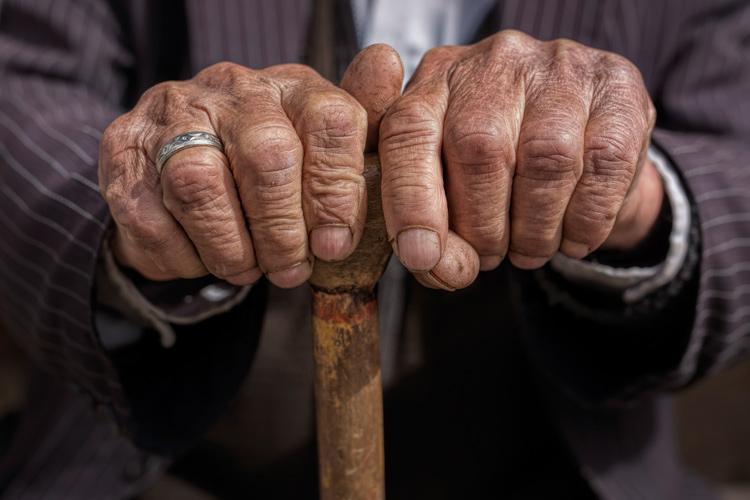Senior care workers
Definition: Senior care workers
*SOC Code (Standard Occupational Classification): 6146
Senior care workers routinely oversee and monitor care workers, care assistants and home carers. They also attend to the personal needs and comforts of the elderly and the infirm with care and support needs (‘service users’) within residential care establishments, day care establishments or in their own homes.
Common tasks include:
- Routinely oversees and monitors care workers and home carers;
- takes responsibility for the shift and for the service while on duty;
- responds to emergencies and provides guidance and support to care workers;
- assists and enables service users to dress, undress, wash, use the toilet and bathe;
- serves meals to service users at table or in bed, assists with feeding if required;
- generally assists with service users’ overall comfort and well being;
- provides interest and activities to stimulate and engage the service user;
- helps with daily activities such as letter writing, paying bills, collecting benefits;
- undertakes light cleaning and domestic duties including meal preparation as required;
- monitors service users’ conditions by taking temperature, pulse, respiration and weight, and contributes to record keeping;
- liaises with professional staff in carrying out care plans etc.
Qualifications
There are no formal academic entry requirements. In most cases workers will be required to register with the appropriate statutory body which involves satisfying the registration criteria. This would normally include holding or working towards the appropriate qualification for the job. A wide range of qualifications including NVQs/SVQs covering various aspects of care are available. Senior care workers must be qualified to an appropriate level (usually NVQ Level 3). They often have a background in social care and have achieved a qualification in this area; some may have nursing qualifications. Background checks including a CRB check are likely to be required.
*Introduced in 1990, SOC is a multi-purpose common classification of occupations in UK. Jobs are defined in terms of skill level and skill content, including qualifications, training and work experience.
Employment status: Senior care workers
Regional employment: Senior care workers
Future employment: Senior care workers
Top 12 industries: Senior care workers
Alternative & related job titles: Senior care workers
Assistant, care, health, senior (nursing home) Carer, senior Worker, social, resident, senior Coordinator, care (nursing home) Leader, team (nursing home) Worker, support, senior (welfare services) Assistant, care, senior Coordinator, care (social, welfare services) Assistant, care, community, senior Coordinator, care (residential home) Assistant, care, home, senior Leader, team (local government: social services: Leader, team, care, home (local government: social services) Worker, care, senior
Equality focus: Senior care workers
Breaking down the official government big data sources by gender, age and region. Hours and pay data based on full time equlivalent roles.



